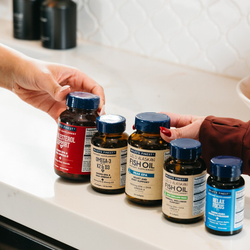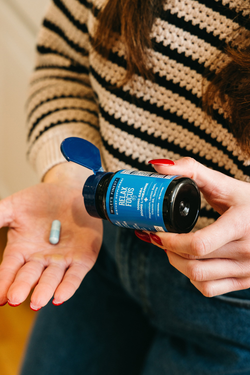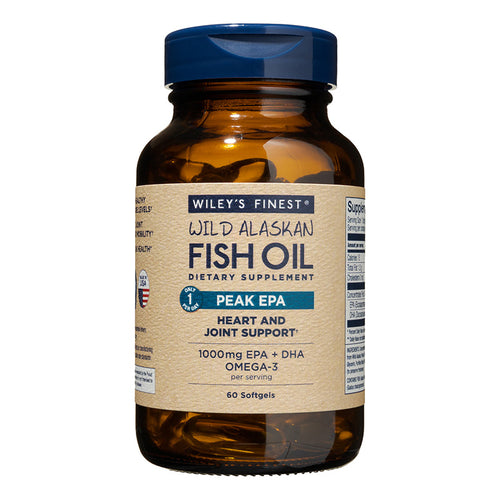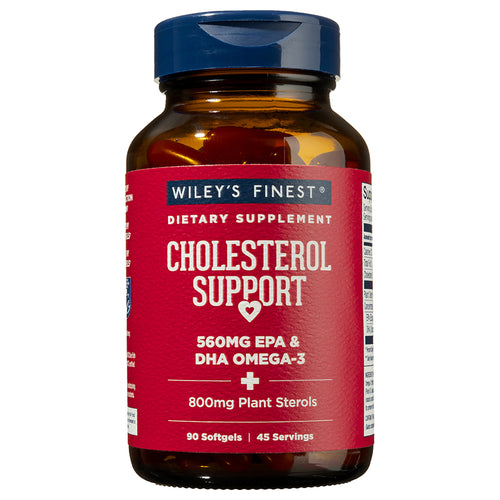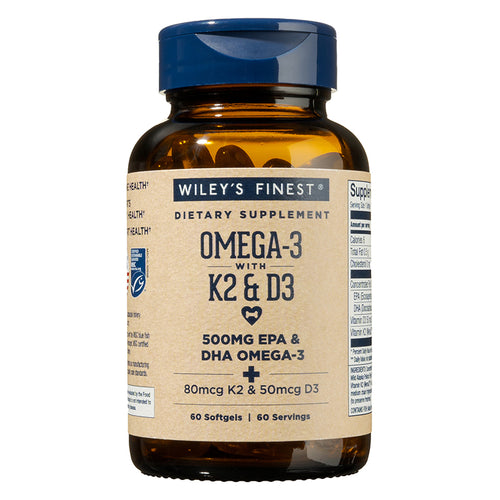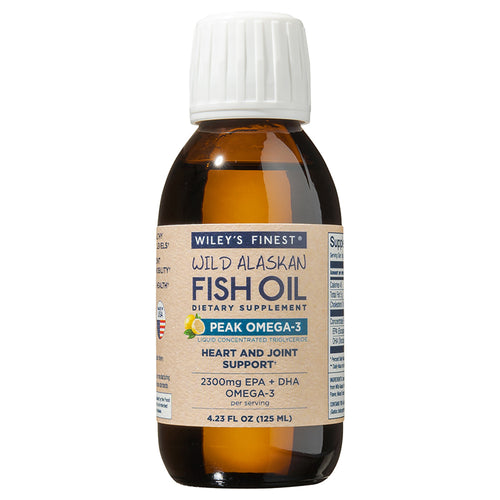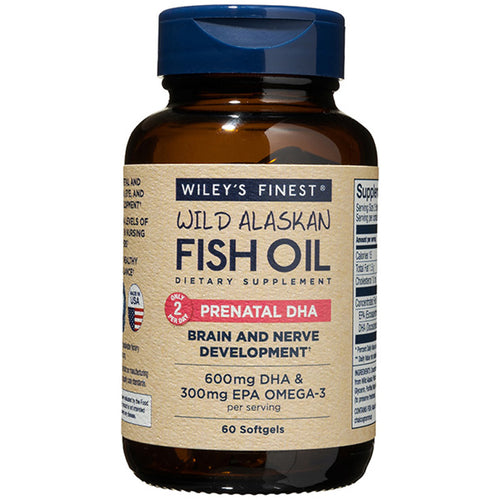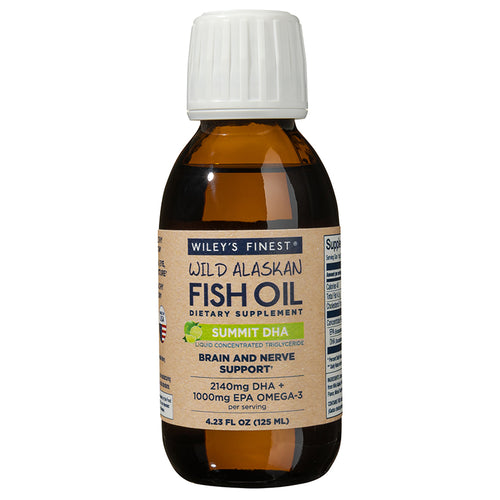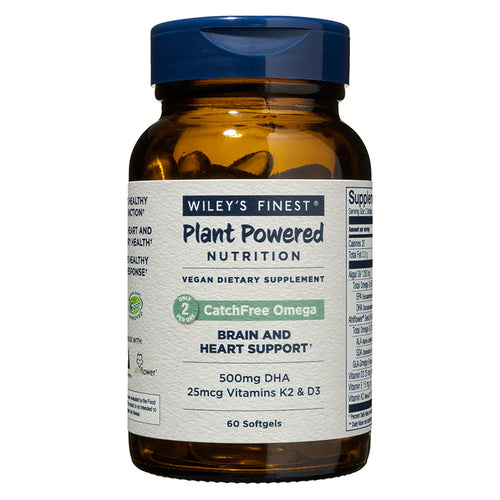Omega-3s for Immune Health
As summer fades and the days grow shorter, we welcome the cozy comforts of fall—crisp mornings, golden leaves, and warm sweaters; but with these seasonal shifts also come new challenges. Decreased sunlight, more time indoors, and the usual wave of germy sniffles from family, friends, and coworkers can leave our bodies working harder to stay well.
While handwashing and sleep remain essential, nutrition is another powerful tool for seasonal wellness. One important piece of the seasonal nutrition puzzle is making sure we are getting enough Omega-3s.
Omega-3s: Essential Nutrients for Whole-Body Support
Omega-3s are essential fats, meaning our bodies can’t produce them—we have to get them from food or supplements. These are four key types of Omega-3 you'll want to know about:
-
ALA (alpha-linolenic acid) – found in flaxseeds, chia seeds, and walnuts.
-
SDA (stearidonic acid) – found in Ahiflower® oil, a plant-based source that converts efficiently to EPA.
-
EPA (eicosapentaenoic acid) and DHA (docosahexaenoic acid) – found mostly in high-fat fish and seafood.
How Omega-3s Help Support Immune Health
Omega-3s are well-known for supporting heart and brain health, but they also contribute to immune system function in several ways:
-
Inflammatory Balance: Omega-3s help maintain a healthy inflammatory response, which is important for immune resilience. EPA and DHA support the production of molecules that help regulate inflammation and promote recovery.
-
Cell Membrane Integrity: Immune cells rely on flexible membranes to function properly. Omega-3s help maintain membrane fluidity, supporting effective immune cell communication.
-
Respiratory Wellness: Emerging research suggests omega-3s may help support healthy lung function, which is especially relevant during seasonal changes.
Seasonal Wellness Benefits of Omega-3s
During fall and winter, omega-3s may offer additional support:
-
Mood and Stress Support: Shorter days can affect mood. Omega-3s, especially DHA, play a role in brain function and may help maintain emotional well-being.
-
Joint Comfort: Cooler weather can bring stiffness. Omega-3s help support joint comfort through their role in maintaining a balanced inflammatory response.
-
Skin Health: Dry air and cold winds can impact skin. Omega-3s help maintain skin hydration and barrier function, which supports overall wellness.
Getting Enough Omega-3s

You can support your omega-3 intake through:
-
Food: Aim for 2–3 servings of fatty fish per week. You may also want to include plant-based sources like flaxseeds, chia seeds, and walnuts.
-
Premium Quality Supplements: Fish oil and algae-based options provide EPA and DHA. For a plant-based alternative, Ahiflower® oil offers SDA, which the body can efficiently convert to EPA.
Two alternatives to consider are Wiley’s Finest Peak Omega-3 Liquid made from highly concentrated Marine Stewardship Council (MSC) certified sustainable Wild Alaska Pollock oil, and Wiley’s Finest CatchFree® Omega-3 Liquid, featuring SDA-rich Ahiflower® oil, for a plant-powered option.
Nourish Your Body This Season
As you settle into the rhythms of fall, remember to nourish your body from the inside out. Omega-3s are a simple, science-supported way to help maintain your body’s natural defenses—so you can enjoy the season with strength and vitality.
This blog is for educational purposes only and is not intended to diagnose, treat, cure, or prevent any disease. Always consult your healthcare provider before starting any new supplement.

